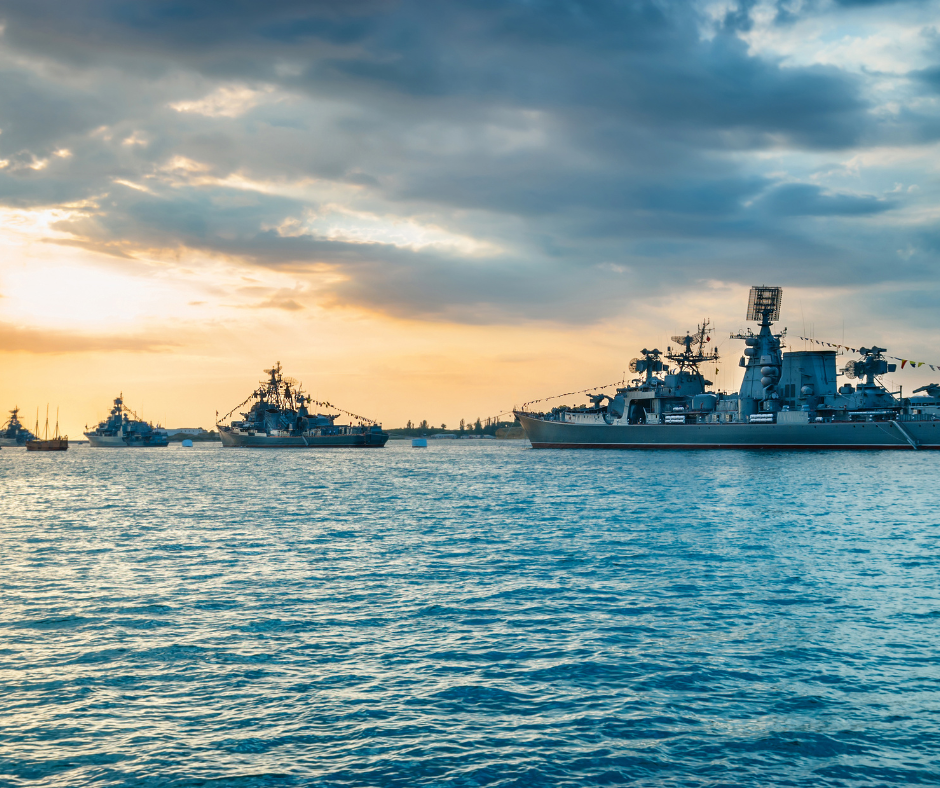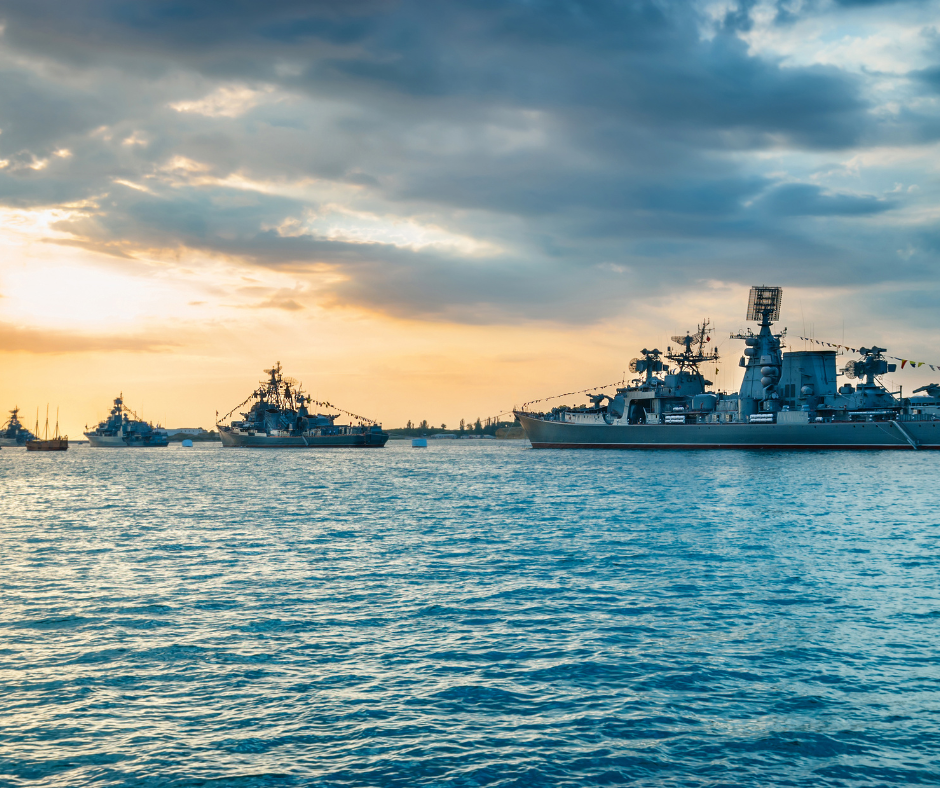The European Union plans to hold joint naval exercises as part of plans to step up efforts to protect vital maritime infrastructure, the bloc’s environmental policy chief said.

Concerns about threats to the safety of Europe’s maritime infrastructure increased with the September attacks on the Nord Stream gas pipelines, which caused natural gas spills into the Baltic Sea.
The EU will publish an updated maritime security strategy on Friday, setting out plans for an annual naval exercise and coordinating national efforts to protect gas pipelines, underwater data cables, offshore wind farms and other vital maritime infrastructure.
Virginijus Sinkevicius, the European environment commissioner, told Reuters that the plan was already in place before the Nord Stream explosions but had been reinforced in the wake of the incident.
“After that, Member States are very clear that we must continue to strengthen cooperation, build capacity and ensure better protection of our critical infrastructure,” he said.
The EU’s plan envisages increasing cooperation between the bloc and NATO, expanding coastal patrols and improving data sharing between countries to detect threats at an early stage, for example by using EU satellite programs to detect unidentified vessels.

“The threat level is increasing,” Sinkevicius said.
Energy infrastructure is of particular concern as Europe is expanding the use of liquefied natural gas terminals to replace Russian gas by pipeline and is rapidly building offshore wind farms.
A Russian ship was detected at a North Sea offshore wind farm last month, which the Netherlands says is part of Moscow’s attempts to obtain information to sabotage infrastructure.
Improved monitoring of maritime areas should also help countries control and respond to environmental degradation and the effects of climate change, such as sea-level rise.
Authorities in Sweden, Germany and Denmark are investigating explosions at Nord Stream pipelines, built to supply Russian gas to Europe. They have said the explosions were deliberate, but have not said who might be responsible.
Source: Market Research Telecast






